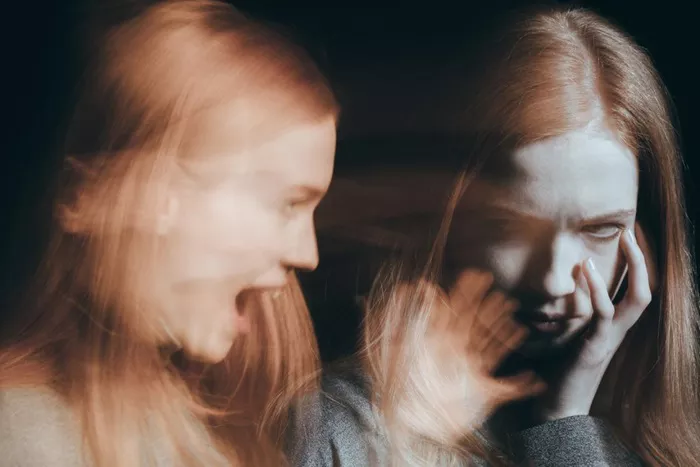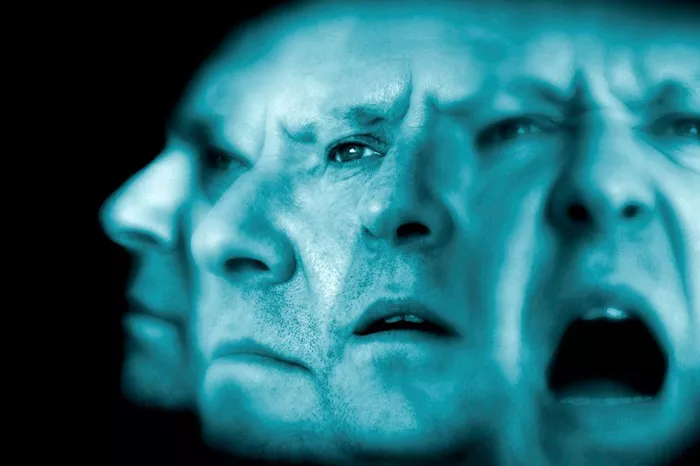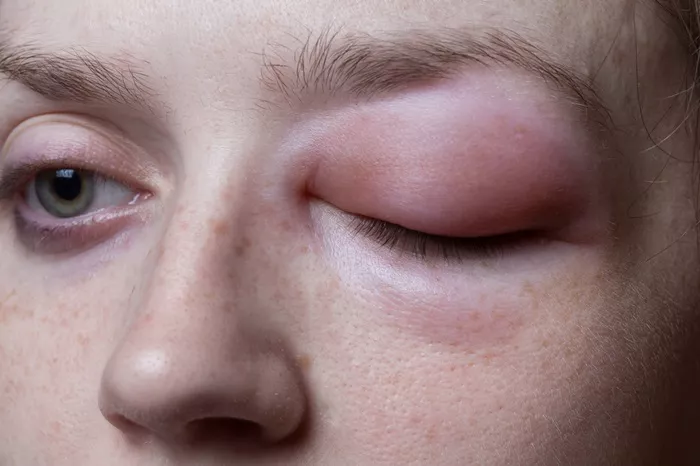Schizophrenia is a complex and often debilitating mental health disorder characterized by a range of symptoms, including delusions, hallucinations, disorganized thinking, and a significant decrease in emotional expressiveness. Among these, auditory hallucinations, commonly referred to as “hearing voices,” are one of the most distinctive and frequently occurring symptoms. This article aims to delve into the multifaceted causes behind auditory hallucinations in schizophrenia, exploring genetic, neurobiological, psychological, and environmental factors.
Auditory Hallucinations
Auditory hallucinations involve hearing sounds, often voices, that are not present in the external environment. These voices can be distinct and may engage the individual in conversation, issue commands, or provide commentary on the individual’s actions. Such experiences are vivid, intrusive, and very real to the person experiencing them. Understanding why these hallucinations occur in schizophrenia is crucial for developing effective treatments and supporting those affected.
Genetic Influences on Schizophrenia
The Role of Genetics
Research indicates that genetics plays a significant role in the development of schizophrenia. Family, twin, and adoption studies have consistently shown that the risk of schizophrenia is higher in individuals who have a first-degree relative with the disorder. Estimates suggest that the heritability of schizophrenia may be as high as 80%, pointing to a strong genetic component.
Specific Genetic Factors
Various genetic loci and mutations are associated with an increased risk of schizophrenia. For instance, mutations in the DISC1 (Disrupted in Schizophrenia 1) gene have been linked to a variety of psychiatric conditions, including schizophrenia. Additionally, recent genome-wide association studies (GWAS) have identified several risk alleles that could be implicated in the pathology of schizophrenia, though no single gene is definitive for the disease.
Neurobiological Factors
Brain Structure and Function
Schizophrenia is associated with structural and functional changes in the brain. Imaging studies have shown alterations in the volume of certain brain areas, such as the prefrontal cortex and temporal lobes, which are critical for cognitive functions and processing auditory information, respectively. Reductions in gray matter and abnormalities in the white matter connectivity may also contribute to the symptoms.
Neurotransmitter Systems
The dopamine hypothesis has been one of the longest-standing theories to explain the pathophysiology of schizophrenia. It suggests that dysregulation of dopamine pathways, particularly in the mesolimbic and mesocortical pathways, contributes to the psychotic symptoms. However, abnormalities in other neurotransmitter systems, including glutamate and serotonin, have also been implicated, providing a more comprehensive understanding of the neurochemical basis of schizophrenia.
Psychological and Cognitive Factors
Cognitive Biases and Dysfunctions
Cognitive theories suggest that individuals with schizophrenia may have biases in attention and information processing that contribute to the formation of hallucinations. For example, a hyper-saliency of internal thoughts might lead them to be perceived as external voices. Additionally, impairments in “source monitoring,” the ability to distinguish self-generated thoughts from external sources, have been observed in many patients with schizophrenia.
Stress and Coping Mechanisms
Psychological stress is a significant trigger for the symptoms of schizophrenia, including auditory hallucinations. The diathesis-stress model posits that stress interacts with an underlying vulnerability (or diathesis) to trigger the onset or exacerbation of psychotic symptoms. Coping mechanisms, both adaptive and maladaptive, can influence the severity and impact of these symptoms.
Environmental Influences
Prenatal and Perinatal Factors
Environmental factors during prenatal and perinatal periods have been associated with an increased risk of developing schizophrenia. These include prenatal exposure to infections, malnutrition, and stress, as well as complications during birth. Such adverse conditions may lead to subtle brain abnormalities that contribute to the later development of schizophrenia.
Socio-Cultural Factors
Cultural and social environments also play a role in the manifestation of schizophrenia. For instance, how a society interprets and reacts to mental health can affect the stress levels and coping strategies of individuals with schizophrenia. Additionally, urban upbringing and living in socially fragmented communities have been linked to higher rates of schizophrenia, suggesting the influence of environmental stressors.
Interplay of Factors
Understanding auditory hallucinations in schizophrenia requires an integrated approach that considers the interplay of genetic, neurobiological, psychological, and environmental factors. Each factor does not operate in isolation but interacts with others in complex ways that may differ from person to person.
Conclusion
Auditory hallucinations in schizophrenia are the result of a complex interplay of factors. Advancements in genetics, neuroscience, psychology, and social sciences are gradually shedding light on these intricate mechanisms. Continuing research is essential not only for understanding these phenomena but also for developing more effective, personalized treatments that can address the diverse needs and experiences of those with schizophrenia.
As we move forward, integrating insights from various disciplines and leveraging new technologies in genetics and neuroimaging will likely lead to more sophisticated models of schizophrenia and its symptoms. This integrative approach promises not only better therapeutic strategies but also a deeper empathy and understanding toward individuals who live with this challenging condition.
[inline_related_posts title=”You Might Be Interested In” title_align=”left” style=”list” number=”6″ align=”none” ids=”8270,8267,8262″ by=”categories” orderby=”rand” order=”DESC” hide_thumb=”no” thumb_right=”no” views=”no” date=”yes” grid_columns=”2″ post_type=”” tax=””]

































